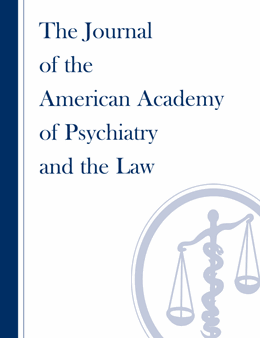D
deleted826813
I'm an M2. During my first year, one of the deans at my school scheduled time to speak one on one because my grades were close to failing. I've struggled with alcoholism for a long time and I explained this to the dean because I truly want to recover. He helped me get a therapist I've been seeing regularly. Recently this dean and I touched base again and he asked how my drinking is, and I told him the truth. Despite being an addict, something we both agree is a disease, I've been regularly drinking on the weekends and suppressing my desire to drink during the weekdays by attending daily AA meetings/weekly one on one therapy. After telling him this he was concerned and he recommended I take a leave of absence from now until later this year, where I'll pick back up to repeat my second year.
Some questions. How will a LOA for "medical reasons" effect my residency application? From the small amount of research I've done, it seems that it depends on how you address the LOA in your application/interviews. Is there a way to spin this so that it doesn't come out I had a drinking problem. Obviously that would be a red flag to residencies! Also, I am mainly interested in highly competitive specialties like diagnostic rads and dermatology. Assuming I have an application that supports me matching into these fields (high step scores, good post clinical grades, good letters, research), would my application be thrown to the side because of the LOA? Or would I at least have the chance to address it? If I get the chance to address it, would I have to be dishonest about why I took the LOA? (I wouldn't do this, just wondering if being honest would disqualify me from likely matching). Thank you so much for your advice!
Some questions. How will a LOA for "medical reasons" effect my residency application? From the small amount of research I've done, it seems that it depends on how you address the LOA in your application/interviews. Is there a way to spin this so that it doesn't come out I had a drinking problem. Obviously that would be a red flag to residencies! Also, I am mainly interested in highly competitive specialties like diagnostic rads and dermatology. Assuming I have an application that supports me matching into these fields (high step scores, good post clinical grades, good letters, research), would my application be thrown to the side because of the LOA? Or would I at least have the chance to address it? If I get the chance to address it, would I have to be dishonest about why I took the LOA? (I wouldn't do this, just wondering if being honest would disqualify me from likely matching). Thank you so much for your advice!

